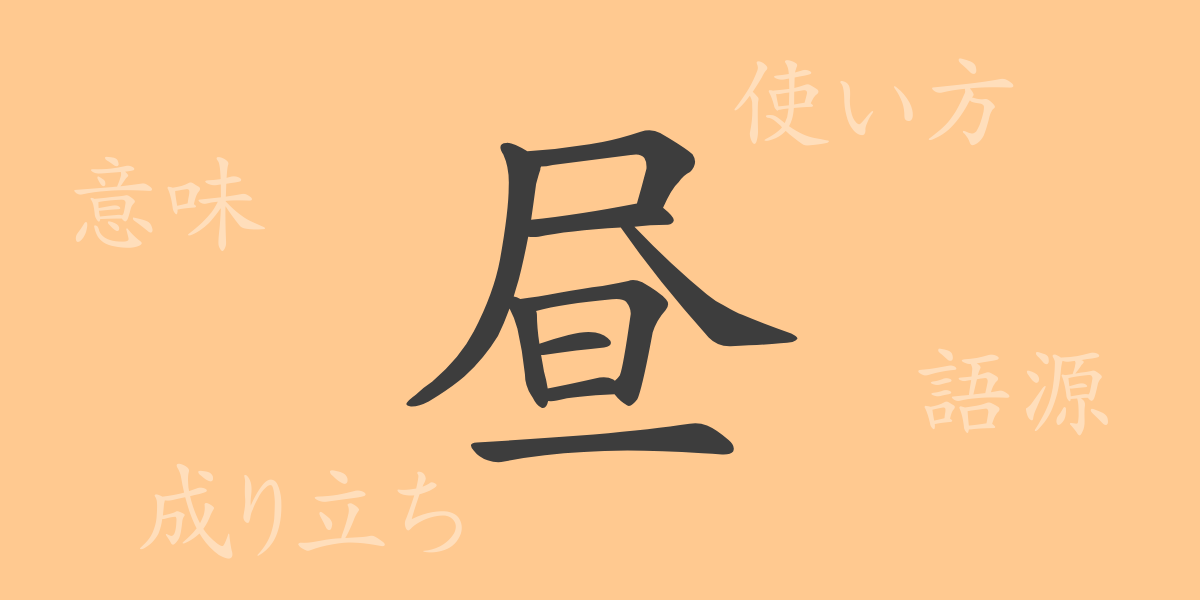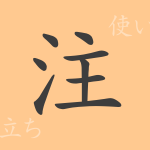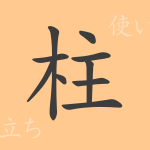The Japanese word ‘昼(ひる)’ evokes thoughts of the sun at its zenith and the hustle of daily activities. What history and meanings are woven into this commonly used term? In this article, we delve into the origins, meanings, and uses of the Kanji ‘昼’, exploring its associations in various phrases and proverbs to uncover its allure.
Origins of ‘昼(ひる)’
The Kanji ‘昼’ has been used since ancient times in China, deriving from ‘中’ which signifies the sun being directly overhead. It has traditionally been used to denote midday or the period when the sun is at its highest, aligning with ancient methods of timekeeping via sundials, where time was gauged based on the position of the sun.
Meaning and Usage of ‘昼(ひる)’
‘昼’ refers to the duration when the sun is up, particularly the bright period around noon. Commonly, it defines the time between morning and night, representing the peak of daily activities. It is used in phrases like ‘昼間(ひるま)’, ‘昼食(ひるしょく)’, and ‘昼休み(ひるやすみ)’, which relate to events and activities occurring during the day.
Readings, Stroke Count, and Radical of ‘昼(ひる)’
Details of the Kanji ‘昼’ are as follows:
- Readings: On’yomi ‘チュウ’, Kun’yomi ‘ひる’
- Stroke Count: ‘昼’ consists of 9 strokes.
- Radical: The radical for ‘昼’ is ‘日’.
Phrases, Idioms, and Proverbs Using ‘昼(ひる)’
‘昼’ appears in many Japanese idioms and phrases, reflecting its broad applicability:
- 昼夜(ちゅうや): Denoting day and night, often used to describe a 24-hour period.
- 昼食(ひるしょく): A meal eaten around noon, commonly referred to as lunch.
- 昼寝(ひるね): A short nap taken during the day.
- 昼夜逆転(ちゅうやぎゃくてん): A term for a lifestyle where one sleeps during the day and is active at night.
- 昼間の星(ひるまのほし): A proverb used to describe something insignificant or lacking presence, much like a star during the day.
Conclusion on ‘昼(ひる)’
The Kanji ‘昼’ symbolizes an essential concept of time in daily life, employed in various expressions and phrases. The period when the sun is aloft not only marks the middle of the day but also anchors many activities. This exploration helps us appreciate the historical and cultural significance of ‘昼’, enhancing our understanding of its role in both language and daily life.

























